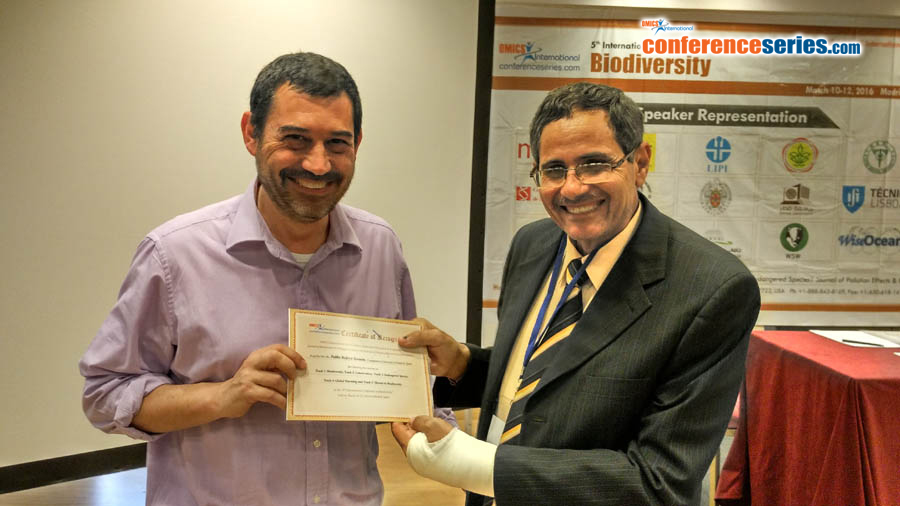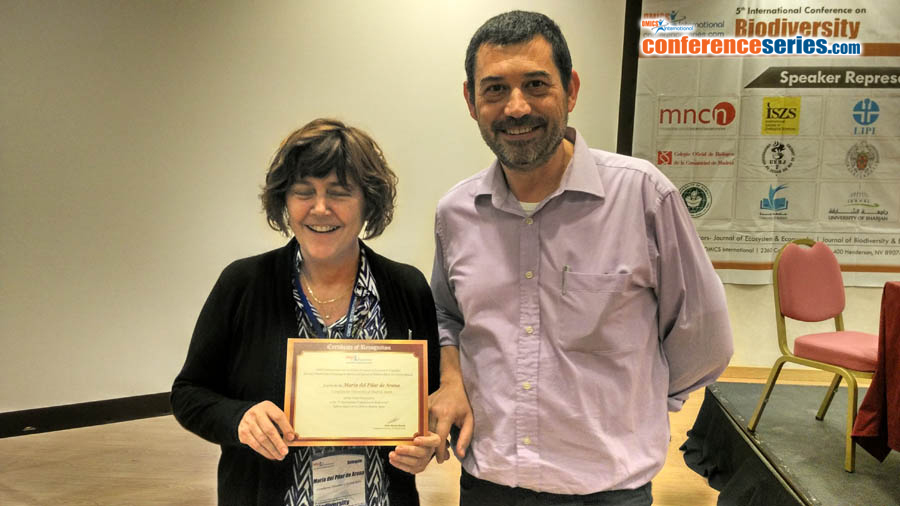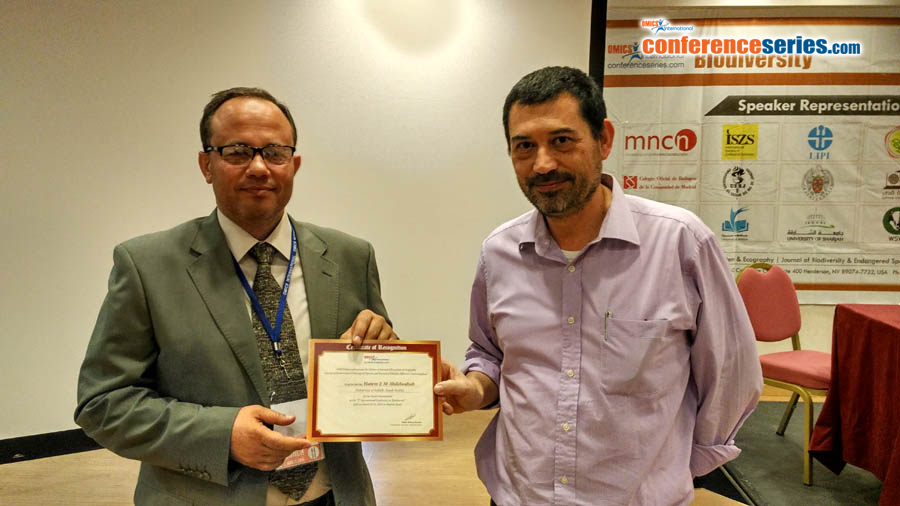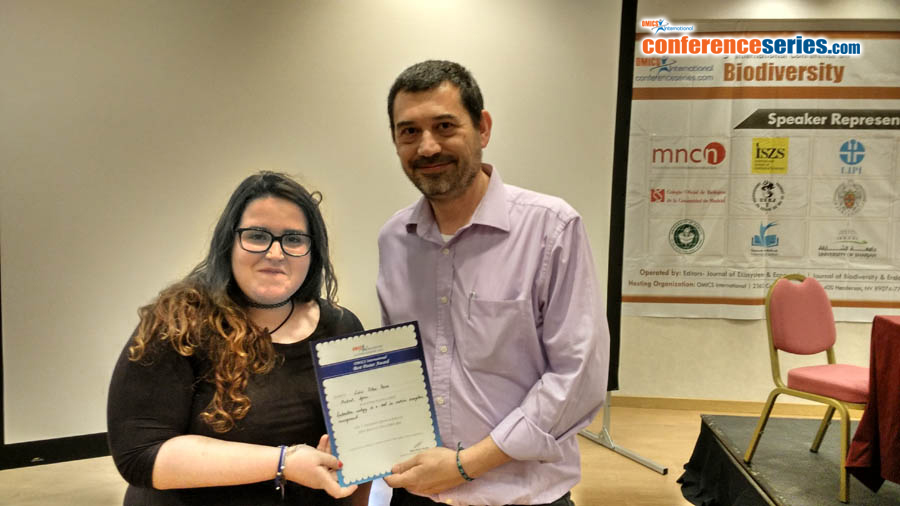
Pablo Refoyo Román
Complutense University of Madrid, Spain
Title: Ecological inferences between Capra pyrenaica subspecies through comparative niche modelling
Biography
Biography: Pablo Refoyo Román
Abstract
The discrepancies on the phylogeography of Iberian ibex are notable, including the validity of subspecies established by Cabrera (1914). The high degree of handling of the species, its versatility and numerous population bottlenecks have greatly contributed to maintaining these divergences. In order to provide additional information, in this work we propose the use of niche modelling to analyze the biogeographical similarities and differences between Iberian ibex by ENMTools using the index of similarity and equivalence. From available presence data in Universal Transverse Mercator (UTM) 10 x 10 km of the different subspecies of Capra pyrenaica and through predictive variables, the phylogenetic niche conservatism was calculated by ENMTools and principal component analysis was performed on the different subspecies to determine the ecological similarity between them. The similarities in the ecological niche between subspecies matched the phylogenetic distances established for the group. C. pyrenaica hispanica and C. p. victoriae are ecologically similar subspecies. C. p. hispanica is the subspecies with more likely niche occupation while C. p. victoriae has a more restricted distribution. The use of the ecological niches and species distributions is essential to analyze several possible interactions occurring within the studied subspecies and allow us to better understand the uniqueness and variability of Iberian ibex subspecies and the possibility of establishing programs for the integrated management of populations.






